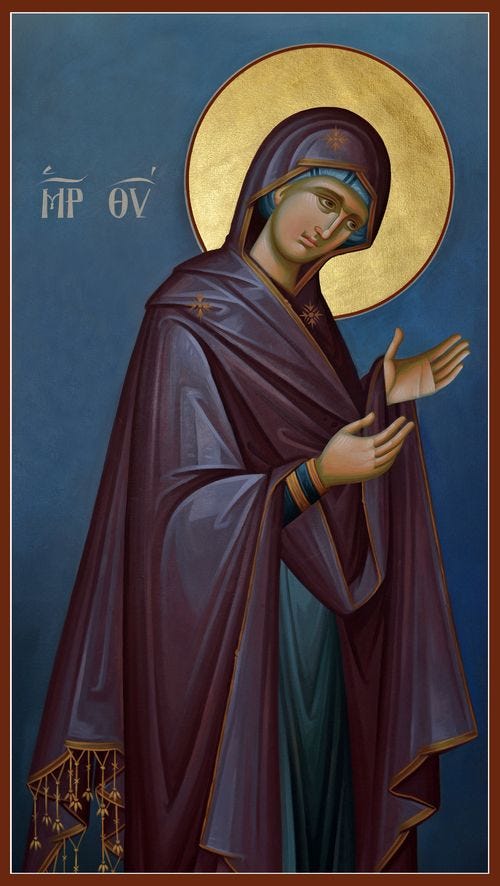DISCLAIMER
The catechism lessons series is prepared by me (Qai) of Orthodox Shahada. I am not ordained clergy. However, I have the explicit blessing of my spiritual father (who has been a priest in the ROCOR jurisdiction for 40+ years) to conduct catechism classes. The lessons are delivered in person at the parish level and are now being made available online in the hope that they will benefit others.
A lot of convert newcomers to Orthodoxy, as well as cradle Orthodox rediscovering the faith, adopt a zealous attitude towards praxis, i.e., the manner in which Orthodoxy is lived (prayer, fasting, dressing, learning, etc.). While zealousness for the faith is welcome and encouraged, untempered zealousness and zealousness without the correct Orthodox phronema is spiritually dangerous as it can lead a person into blameful passions, especially in their relations with others, for example, impatience, anger, combativeness, and worst of all, pride.
My wife (a convert to Orthodoxy) recently asked me about dressing modestly, specifically how I want her to dress. Being devoutly Orthodox, she wears a veil while attending Church services (as all women must), but has also expressed the wish to wear the veil on a daily basis as regular attire outside of Church services.
While Orthodoxy does not impose a dress code mandating women wear a veil as part of normal every day attire, it does encourage them to do so:
“Pray without ceasing.” (1 Thessalonians 5:17)
“But every woman who prays or prophesies with her head uncovered dishonors her head, for that is one and the same as if her head were shaved.” (1 Corinthians 11:5)
As Christians, we aim to be modest in both appearance and disposition, meaning not to dress and conduct ourselves so as to invite physical and spiritual promiscuity. Modesty both cultivates virtue and is an expression of repentance — a personal transformation leading to Christic transfiguration wherein one lives in Christ:
“…and He was transfigured before them. His face shone like the sun, and His clothes became as white as the light.” (Matthew 17:2)
“He who eats My flesh and drinks My blood abides in Me, and I in him.” (John 6:56)
“…as His divine power has given to us all things that pertain to life and godliness, through the knowledge of Him who called us by glory and virtue, by which have been given to us exceedingly great and precious promises, that through these you may be partakers of the divine nature.” (2 Peter 1:3-4)
“But you are not in the flesh but in the Spirit, if indeed the Spirit of God dwells in you. Now if anyone does not have the Spirit of Christ, he is not His. And if Christ is in you, the body is dead because of sin, but the Spirit is life because of righteousness.” (Romans 8:9-10)
“I have been crucified with Christ; it is no longer I who live, but Christ lives in me; and the life which I now live in the flesh I live by faith in the Son of God, who loved me and gave Himself for me.” (Galatians 2:20)
“To them God willed to make known what are the riches of the glory of this mystery among the Gentiles: which is Christ in you, the hope of glory.” (Colossians 1:27)
When a woman’s inner disposition is repentant she will cultivate the virtues — and then the veil becomes a marker of spiritual modesty. So that she may not boast and become prideful in cultivating the virtues, the veil is also a reminder to be humble given that it conceals. This is why it is of paramount importance that a woman who resolves to wear the veil of her own accord does so in accordance with the Orthodox phronema of a repentant heart and cultivation of the virtues.
Just as how men should live as Icons of Christ, which physically is to have long hair and a beard, women should veil and live as Icons of the Theotokos:
“But you are a chosen generation, a royal priesthood, a holy nation, His own special people, that you may proclaim the praises of Him who called you out of darkness into His marvelous light.” (1 Peter 2:9)
It is common for Muslim women to proclaim their wearing of a veil (which they stole from Christian practice) as liberating. While the veil, when properly adorned, is indeed liberating, it is only within the Christian spirit that it is also an expression of modesty.




